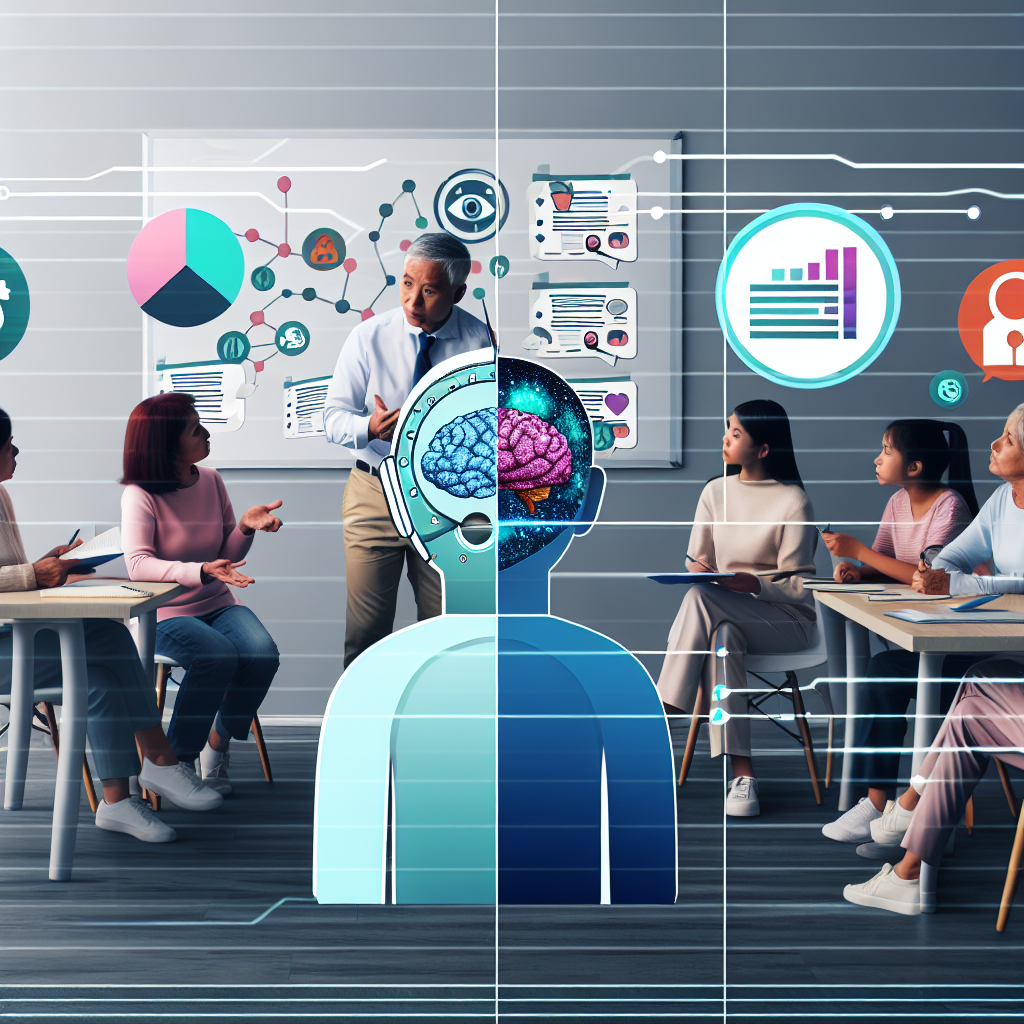Parents and teachers face unprecedented challenges in balancing the rise of AI, student learning, and mental health concerns. And, with the arrival of social media, deep fakes, smartphone addiction, and the ongoing impact of the COVID-19 pandemic, the need to figure out how to balance the delicate interplay between student well-being, academic skills and the development of resilience becomes even more important. While examining these issues is difficult and often controversial, we must do so to establish comprehensive approaches, policies, and curricula to tackle these issues.
According to an article by Tori DeAngelis in the American Health Association, dated April 2024, 41% of teens who use social media the most have described their overall mental health as poor or very poor, compared with 23% of those who use social media the least. Additionally, the APA recently concluded that social media and infinite scrolling features are harmful to mental health. In his research and interviews, Dr. Jonathan Haidt, a social psychologist at New York University, highlighted the impact of technology on mental health among young people. Indeed, the constant comparison to others, cyberbullying, and the pressure to maintain an unreal online persona can contribute to feelings of inadequacy and low self-esteem. Also, he emphasizes that the constant influx of smartphone notifications and alerts has been proven to negatively impact the developing minds of children and teenagers. In particular, the dopamine rush from receiving likes, comments, and messages can foster an addictive cycle that is difficult to break.
Related studies show a significant increase in anxiety, depression, and loneliness in adolescents and young adults. For instance, the National Institute of Mental Health reported a rise in anxiety disorders from 25.1% in 2007 to 36.9% in 2017 among individuals aged 18-25. The Centers for Disease Control and Prevention noted a 56% increase in the suicide rate among individuals aged 10-24 from 2007 to 2017. Indeed, even more recent statistics reveal a rise in depression rates among young individuals, with social media playing a large role in these mental health challenges. A 2021 study published in the Journal of Adolescent Health found that daily social media use was associated with increased loneliness and decreased well-being among adolescents. These findings align with Dr. Haidt’s concerns about the addictive nature of technology and its role in impeding authentic social interactions, emotional resilience, critical thinking, and face-to-face communication. Moreover, the prevalence of deep fakes and the spread of misinformation on social platforms make it increasingly challenging for students to differentiate between fact and fiction. Difficulty recognizing misinformation, disinformation, mistakes, and bias hampers their critical thinking abilities and capacity to make well-informed choices.
With the COVID-19 pandemic, our concern about the mental health of young people has deepened. Not surprisingly, Covid 19 has made this situation worse; in particular, the transition to online learning and the lack of in-person social interactions has led many students to experience heightened levels of anxiety, depression, and isolation. Many School Boards, policymakers and administrators in Ontario have unfortunately responded to these difficulties by advising teachers to let any student who reports anxiety or stress either be excused from their academic responsibilities or to completely redo an assignment or test, regardless of class attendance, activity engagement, or having been identified as needing extra accommodations.
In effect, the response in classrooms to the unprecedented shift in student mental health, the rise of AI, and their difficulty in knowing how to navigate a world where truth is difficult to identify has been to relieve students of their responsibilities if they claim that they don’t feel like attending class, handing in homework, or participating in classroom activities. The problem with allowing students to do nothing, miss classes, and not hand in work (if they are realistically capable of doing so) is that we are cultivating habits that will leave students at a distinct disadvantage compared to those who have developed grit in the face of adversity, leaving them with huge academic, life, and work skills deficits. Ultimately, while technology and social media can provide support, they can also negatively impact mental health. Prioritizing mental wellness is crucial, but there may be better solutions than allowing students to miss classes or assignments. Finding a balance that prioritizes mental health and academic success is critical. AI and technology offer some solutions and can be helpful, but the very real and dangerous drawbacks this article has pointed out must be seriously considered.
Instead of this non-confrontational approach, which ignores the complexity of our students’ predicaments and their true abilities, we must prioritize their mental health and well-being by implementing strategies that foster responsibility, resilience, critical thinking, problem-solving and an informed use of technology and media. To accomplish these goals, education should be:
– Providing media literacy skills to enable students to navigate the digital world and detect misinformation.
– Teaching self-insight and giving students tools to improve emotional and social intelligence.
– Establishing guidelines on smartphone usage in classrooms and encouraging face-to-face interactions.
– Integrating mindfulness and stress-management practices into the curriculum to help students navigate modern life pressures.
– Facilitating open and honest dialogues about mental health and supporting students facing challenges.
– Encouraging students to think critically about technology’s negative impacts on mental well-being and academic skills and explore solutions to these urgent issues.
#StudentMentalHealth #SocialMediaImpact #TechnologyAndWellbeing #BalancingAcademics #TechAddiction #MentalWellness

